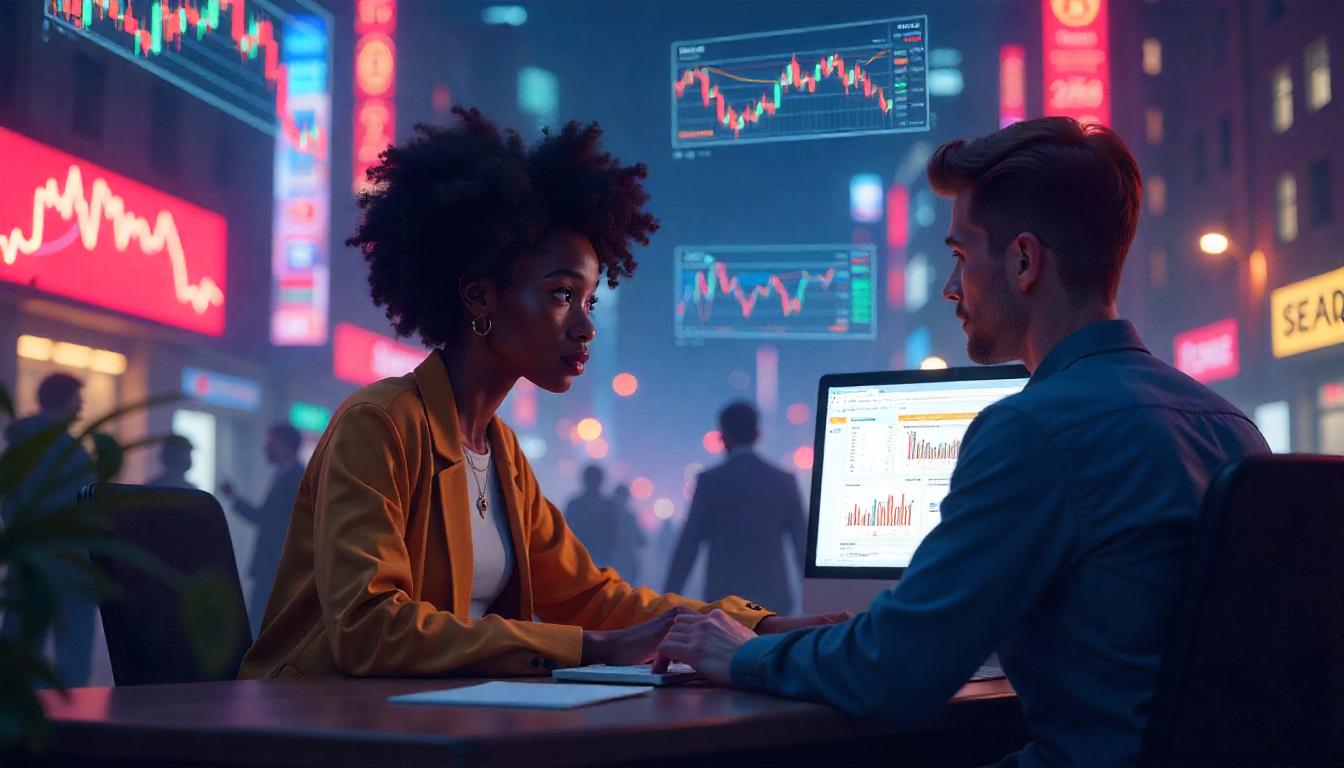BitMEX co-founder and Maelstrom CIO Arthur Hayes says ongoing government money printing could keep the crypto bull market alive well into 2026, urging investors to adopt a long-term perspective on bitcoin.
In a recent interview with bitcoin and Web3 entrepreneur Kyle Chassé, Hayes highlighted that global monetary expansion is far from over. He noted that a potential second term for former President Donald Trump could unleash significant spending programs starting mid-2026. While Hayes might take partial profits if expectations for money printing become extreme, he believes investors are underestimating the scale of liquidity likely to flow into both equities and crypto.
Hayes also pointed to geopolitical trends shaping his outlook. He cited the erosion of a unipolar world order, suggesting that periods of instability often push governments toward fiscal stimulus and central bank easing. He warned that potential strains in Europe—such as a French default—could further accelerate global money printing. Although such policies carry long-term risks, Hayes said the peak of the current cycle has yet to arrive.
On bitcoin, Hayes dismissed concerns over recent price stagnation after its mid-August peak of $124,000. He argued that, relative to gold, traditional assets such as U.S. stocks, real estate, and most tech giants lag significantly, while bitcoin continues to outperform. He stressed that bitcoin’s true value emerges when measured as a hedge against currency debasement.
Hayes emphasized that both traditional investors and crypto holders respond to the same premise: governments will print money when growth falters. Traditional finance leverages bonds, whereas crypto investors rely on bitcoin as the “faster horse.” The key, he said, is patience—bitcoin’s edge comes from long-term compounding rather than short-term speculation. With continued monetary expansion expected, Hayes believes the current crypto cycle is far from over and could extend deep into 2026.





